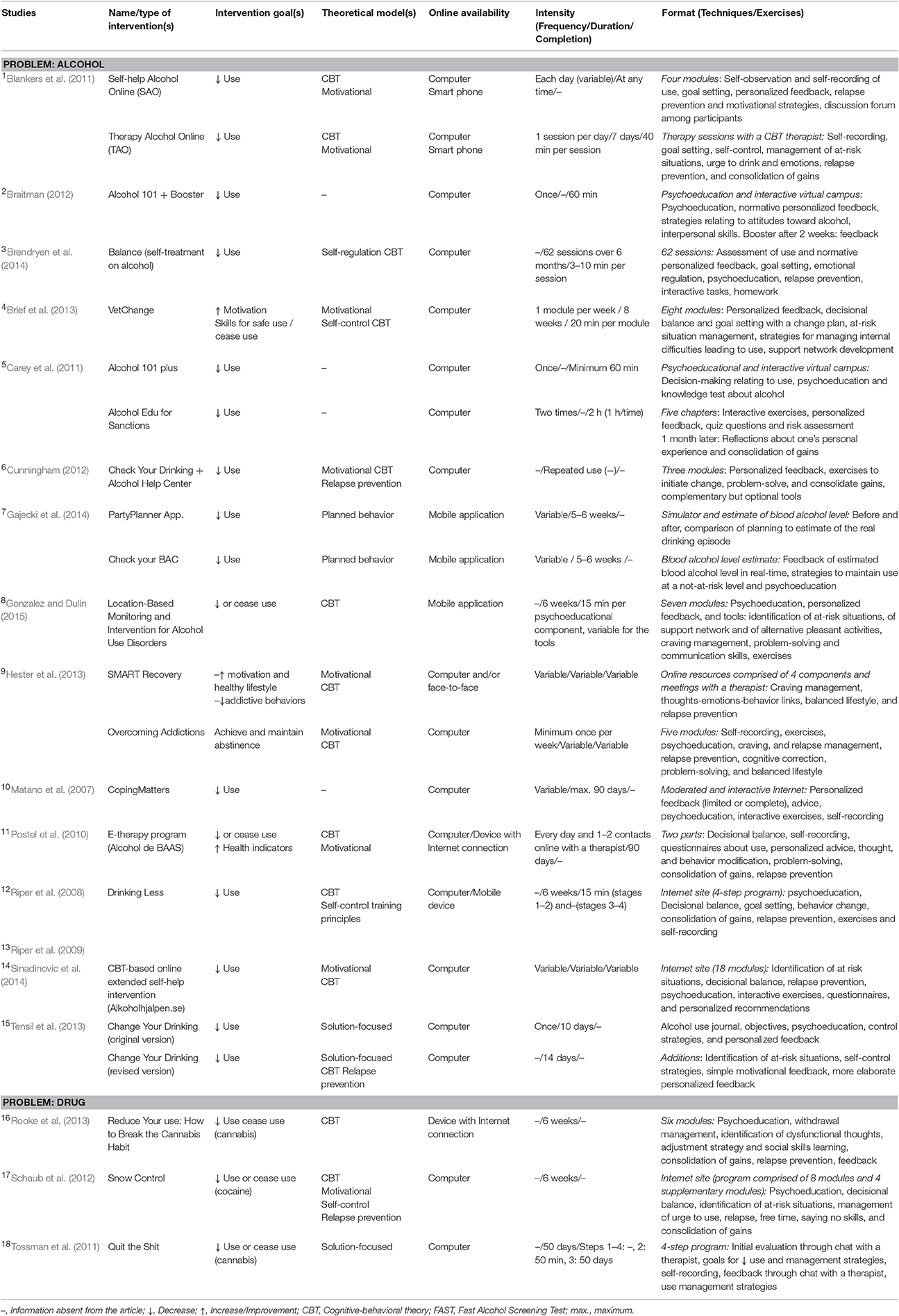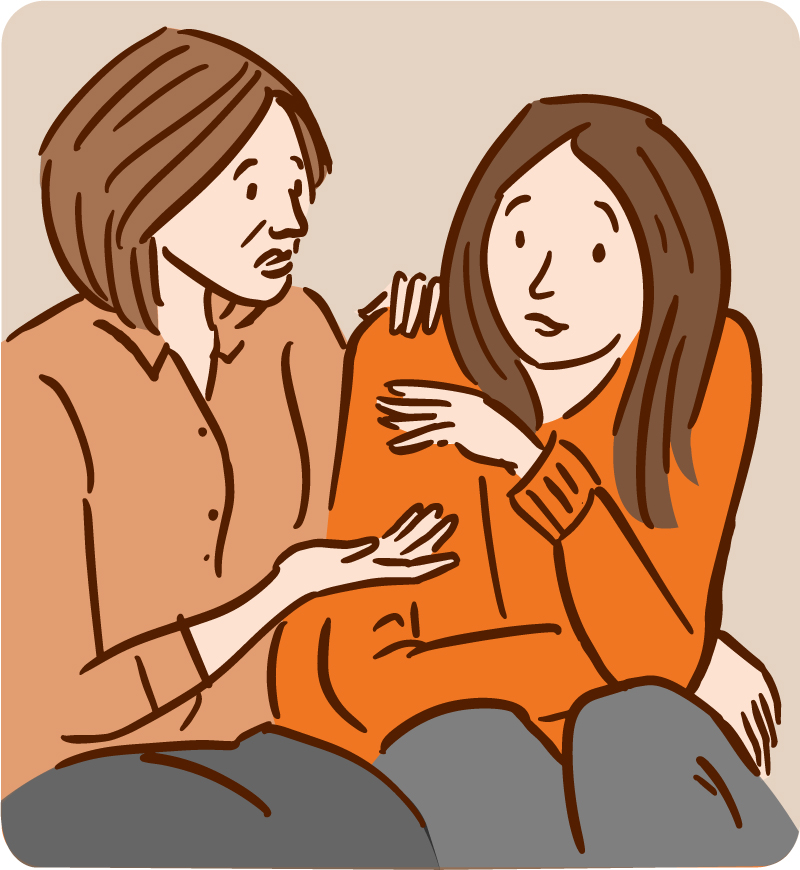They can make it more difficult to gain access to drugs, maybe by never carrying cash with them. People will put barriers in front of themselves. Addiction Treatment Facility True, some people decide they can't do it by themselves and decide to enter into treatmentthat's taking matters into one's own hands, too. If you're already in treatment, you have actually made a huge action.
You get a lot of support. You get instruction in formal relapse prevention therapy. You may get methadone for withdrawal and medications for an underlying psychiatric problem. I'm critical of the basic view promoted by the National Institute on Drug Abuse that addiction is a brain illness. Naturally, every habits is moderated by the brain, however the language "brain disease" brings the undertone that the affected person is defenseless prior to his own brain chemistry.
It also overlooks the immensely crucial reality that addicts utilize drugs to Drug and Alcohol Treatment Center help them cope in some way. That, as damaging as they are, drugs also serve a function. This recognition is very important for designing individualized therapies. People who concern treatment tend to have concurrent psychiatric illness, and they likewise tend to be less responsive to treatment.
This is called the "scientific impression," and it applies to all medical conditions. It describes a tendency to think that the clients you see in a medical setting totally represent all individuals with that condition. It's not true. You're not seeing the full universe of individuals. I question it.
The only drugs that are neurotoxic are alcohol, methamphetamine, probably MDMA [ecstasy], and some inhalants. * Cocaine can result in micro strokes. That's brain damage. Yes, dependency alters the brain however this does not doom individuals to use drugs permanently. The most irreversible modification is memories. Some people have stronger memories and they are more cue-reactive [more reactive to stimulus that activates the benefit path].
For some individuals the dependency and withdrawal will be more extreme through genetically mediated issues. Those people have a harder time stopping. One would desire to explore the possibility of underlying psychiatric issues. The grandiosity, the loose associations, the jumbled flow recommend a thought disorder. Heavy, heavy drug use could trigger that.
To attempt to make a good diagnosis, whatever ongoing drug usage there is would have to stop. After the withdrawal phase is fixed clinicians would then need to see if a hidden thought or mood disorder persisted. That would help in parsing how much of a confusing scientific image is because of drug use and how much is because of a primary mental condition.
Things about How Drug Addiction Affects Families
Substance abuse disorder, or drug dependency, can be defined as a progressive illness that triggers people to lose control of the usage of some compound despite getting worse repercussions of that use. Compound use condition can be deadly. Addictions are not issues of self-discipline or morality. Dependency is a powerful and complicated illness.
The drugs alter the brain in a way that makes giving up physically and mentally hard. Dealing with dependency often needs lifelong care and therapy. Drugs that are commonly misused consist of: Alcohol. Club drugs, like GHB, ketamine, MDMA (ecstasy/molly), flunitrazepam (Rohypnol). Stimulants, such as drug (including crack) and methamphetamine (meth). Hallucinogens, consisting of ayahuasca, D-lysergic acid diethylamide (LSD), peyote (mescaline), phencyclidine (PCP) and DMT.
Cannabis. Opioid pain medication such as heroin, fentanyl, oxycodone, hydrocodone, codeine and morphine. Prescription drugs and cold medicines. Sedatives, hypnotics and anxiolytics (anti-anxiety medications). Steroids (anabolic). Artificial cannabinoids (K2 or Spice). Artificial cathinones (bath salts). Tobacco/nicotine and electronic cigarettes (e-cigarettes or vaping). While these drugs are really various from each other, they all strongly activate the addiction center of the brain.
Individuals feel intoxicated after using drugs of abuse. Gradually, the brain is changed by drugs of abuse. The brain becomes desensitized to the drug of abuse so that more of the drug must be utilized to produce the very same effect. As the person takes in more, drugs start to take control of the person's life.
For many individuals, social, household and work commitments fall to the side. The individual with SUD begins to seem like something's incorrect if he or she isn't under the influence of the compound. They might become consumed with the need to regain that original feeling. Anybody can establish a compound use disorder.
You might be more susceptible to substance abuse due to: The individual's genetic makeup, gender, ethnic culture and mental health issues may raise his or her threat for developing an addiction. About two-thirds of individuals in dependency treatment are men. Specific ethnic backgrounds are at greater risk for drug abuse condition. This is true for Native Americans.
For example, stress, peer pressure, physical or sexual assault and early direct exposure to drugs can raise the threat. Teenagers who start taking drugs are especially at risk. The parts of the brain that manage judgment, decisions and self-discipline are not totally established. Teens are more most likely to take part in dangerous behaviors.
What Does The Bible Say About Drug Addiction Things To Know Before You Buy
Compound usage disorder and alcohol utilize disorder are the leading reasons for preventable health problem and early death. Research has shown that about 1 in 9 Americans uses illegal drugs (about 11% of the population). The most commonly misused drugs are marijuana and prescription medications. Drugs affect the brain, specifically the "reward center" of the brain.

Typically, these rewards come from healthy behaviors. When you spend time with a liked one or eat a scrumptious meal, your body releases a chemical called dopamine, that makes you feel pleasure. It becomes a cycle: You look for these experiences because they reward you with great sensations. Drugs of abuse send out enormous surges of dopamine through the brain, too.
That can produce an unhealthy drive to seek pleasure from the drug and less from healthier satisfying experiences. The cycle revolves around looking for and taking in drugs to get that pleasurable feeling. Addiction to drugs changes the brain with time. It affects how the brain works and even the brain's structure.

The very first use of a drug is a choice. But addiction can establish, creating a very harmful condition. Drugs impact your decision-making capability, consisting of the choice to stop substance abuse. You might understand there's an issue however unable to stop. With addiction, stopping substance abuse can be physically unpleasant.
People might start utilizing drugs for several factors. They might: Delight in the pleasant experience. Wish to change or blunt their undesirable feelings (how to stop drug addiction without rehab). Desire to enhance their efficiency at work, school or sports. Be curious or give in Addiction Treatment Center to peer pressure. Symptoms of drug addiction consist of: Bloodshot eyes and looking exhausted.
Modifications in physical look, such as having a poor complexion or looking ungroomed. Craving drugs. Trouble finishing tasks at work, school or house. Participating in risky behaviors, regardless of understanding negative repercussions (such as driving while impaired or having unguarded sex). Failure to decrease or manage substance abuse. Issues with cash.
Last examined by a Cleveland Clinic medical specialist on 09/03/2020. Get beneficial, valuable and appropriate health + wellness info Cleveland Center is a non-profit academic medical center. Marketing on our site helps support our objective. We do not endorse non-Cleveland Center services or products. Policy.